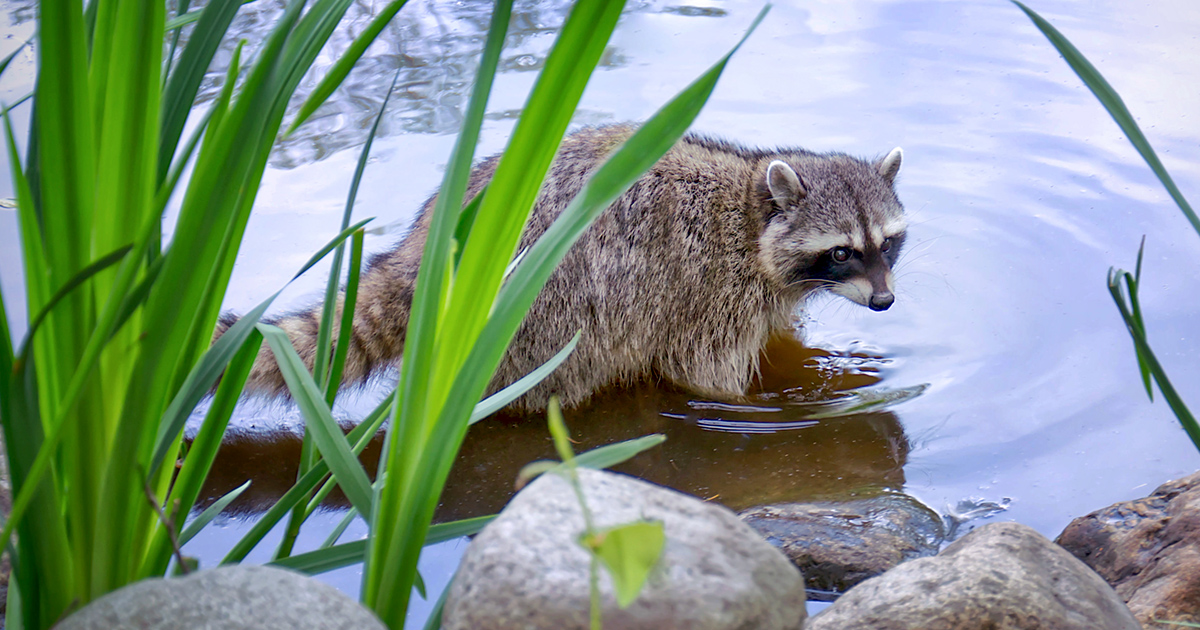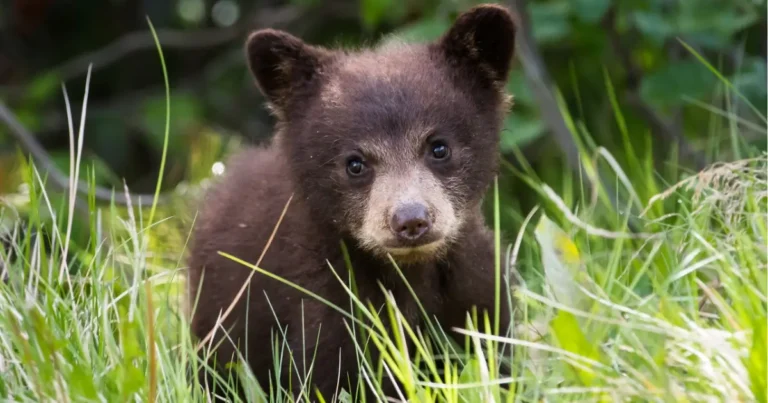
A heat dome led to record-breaking temperatures across British Columbia and Alberta, numerous communities and wild spaces are being ravaged by fires, and hot weather is stressing people and non-human animals all across Canada.
The Fur-Bearers have put together a few tips to help you be a friend during extreme heat for the animals, whether they live with you or are just passing through:
Wildlife
- Bird baths and water dishes are a great way to give local wildlife a break; just remember to clean and refill them regularly and keep them away from people-busy areas so animals feel safe approaching.
- Plant native species. From smaller wildflowers to canopy-creating trees, native plant species provide nourishment and shelter for insects, birds, and wildlife. Contact your local nursery or naturalists club for tips on which plants.
- Give them space in the shade. Who doesn’t need a break on a hot summer day? If wildlife is taking refuge in a shady spot on your property, try giving them space so they have time to rest and recover. Which leads to…
- Don’t feed wildlife. While it may seem helpful in the moment, this can lead to longer-term issues not just for that specific animal, but others in the community you may be attracting, and your neighbours.
Cats and Dogs
- Provide fresh, clean water to your dogs and cats, whether they’re inside or out.
- Keep them indoors. This is particularly frustrating for numerous dogs, but heat stroke and related illnesses can impact domestic animals fast – and it’s an awful lot harder for them to cool down. Limiting outdoor time, temporarily, is sometimes necessary. By walking earlier in the morning or later in the day, you can avoid the hottest temperatures.
- Check the pavement. If you are outdoors, check the surface temperature of where they’ll be walking or spending time; with shoes on, we forget just how hot asphalt, sand, concrete and other surfaces can become.
- You can also cool your cat or dog by brushing them more regularly to remove extra fur, encouraging them to lay on cooler surfaces like tile or ceramic floor, and you can wet them thoroughly with cool water, focusing around their ears and paws.
- Never leave pets in a hot car. There’s nothing more to say about this point.
Smaller Domestic Animals
- Clean, fresh water that’s regularly replaced is important for all small pets.
- Frequently monitor small animals like mice, hamsters, gerbils or other small animals inside glass tanks or aquariums. Temperatures can rise quickly due to poor ventilation; consider temporarily moving these types of enclosures to a cooler area like a basement or lower level (as heat rises). Please keep these types of enclosures away from heat sources or direct sunlight.
- To cool things down, you can also add a frozen water bottle in the enclosure. Just freeze a water bottle that is half full with water and then cover it with a towel (be mindful rodents may chew on the towel). Wrap the bottle up well and then place it inside the enclosure. This will help provide some relief.
- Keep enclosures in well ventilated, cool spaces. But remember to ensure they have somewhere in their enclosure to hide from breezes and stay warm if they are uncomfortable!
- Limit play. Just like all other animals (and kids) we sometimes need to impose rules to keep them safe. On hot days, limit play and keep an eye out for signs of heat stroke.
- Consider treats that have a higher water content, like cucumber or melon (when species appropriate). Frozen treats might also be an option, consult your local veterinarian or animal health care provider for ideas.
- Even birds and rodents who evolved in hotter temperatures may not be used to the heat from extreme weather events. Talk to your veterinarian about the best practices for your specific companion.
Lastly, know the signs of heat stress and heat stroke. If you notice any changes in your animal’s behaviour that include agitation, difficulties breathing or distress, please don’t wait and contact your nearest veterinary clinic for immediate assistance.
If you see a wildfire in British Columbia or behaviour that could lead to one, please contact officials at 1-800-663-5555 (*5555 from a mobile phone). Your tip could prevent a fire from spreading and wreaking havoc to wildlife and people alike.
Have more tips for us? Let us know! Send an email to info@TheFurBearers.com with tips or links we should include in this article.
